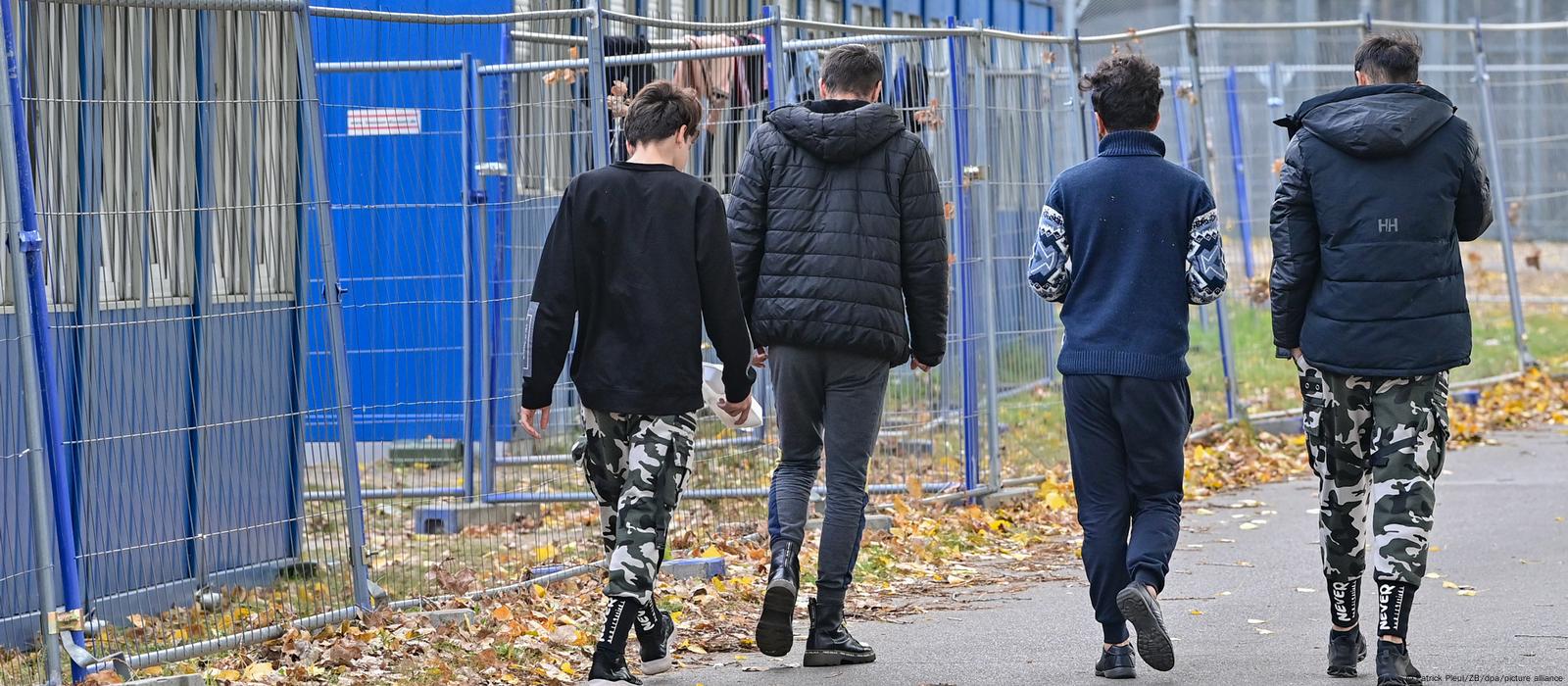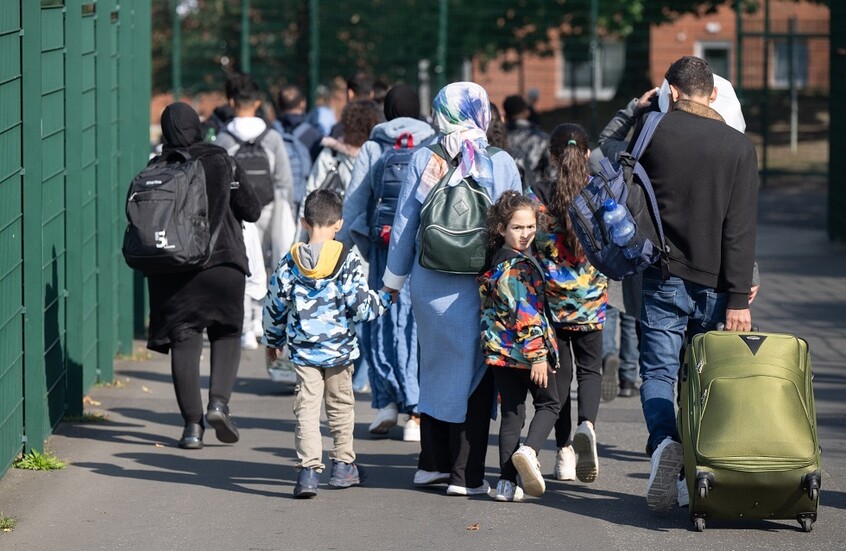According to the Central Register of Foreigners, the number of asylum seekers, refugees, and those permitted to enter Germany by mid-year of 2024 reached 3.5 million, an increase of 60,000 compared to 2023. Asylum seekers from Ukraine totaled 1.18 million, up by 35,000 from the previous year, marking a record increase.
Authorities have ordered 227,000 rejected asylum seekers to leave Germany before July 2024, 16,000 fewer than in 2023. However, officials anticipate that most will not depart due to ongoing conditions in their home countries.
Despite the significant influx of asylum seekers in Germany—exceeding the population of several small EU countries—Clara Bonger, the Left Party’s spokeswoman on refugee policy, argues that the number is relatively small, constituting only 4% of Germany’s population. Bonger emphasized that the parties in the Traffic Light Alliance and the Alternative for Germany are exploiting refugees to scapegoat them for the country’s challenges. “This dangerous rhetoric only serves to empower the extreme right,” she warned.
Since the attack in the city of Zollingen, German immigration policy has undergone significant changes that have influenced recent migration discussions. The federal government has decided to tighten asylum policies and impose six-month border controls, a move that contravenes European law. The migration issue has also notably impacted state elections, particularly benefiting the right-wing, anti-immigrant party. The party performed well in the eastern states of Thuringia and Saxony.
In a letter to the European Commission in mid-September, Federal Interior Minister Nancy Faeser demanded amendments to the Dublin Regulation, which establishes the rules for processing asylum applications. She stated that “Germany can no longer cope with the migration situation and that radical reforms are needed at the European level.”
According to a poll conducted by the Allensbach Institute in September, only 3% of respondents believe that the federal government is good for the country. Chancellor Olaf Scholz is under significant pressure within the Social Democratic Party, facing sharp criticism from German politicians that has escalated to questioning his leadership of the party.
In the same context, Dutch researcher specializing in immigration issues, Hein de Haas, questioned the effectiveness of the border controls implemented by Germany, describing them as a symbolic measure. De Haas stated, “This is what happens when they take the form of random samples.”
According to de Haas, strict measures to repel migrants are ineffective, and the number of asylum seekers will continue to rise due to ongoing violence in their countries of origin, as well as Germany’s need for skilled labor.





